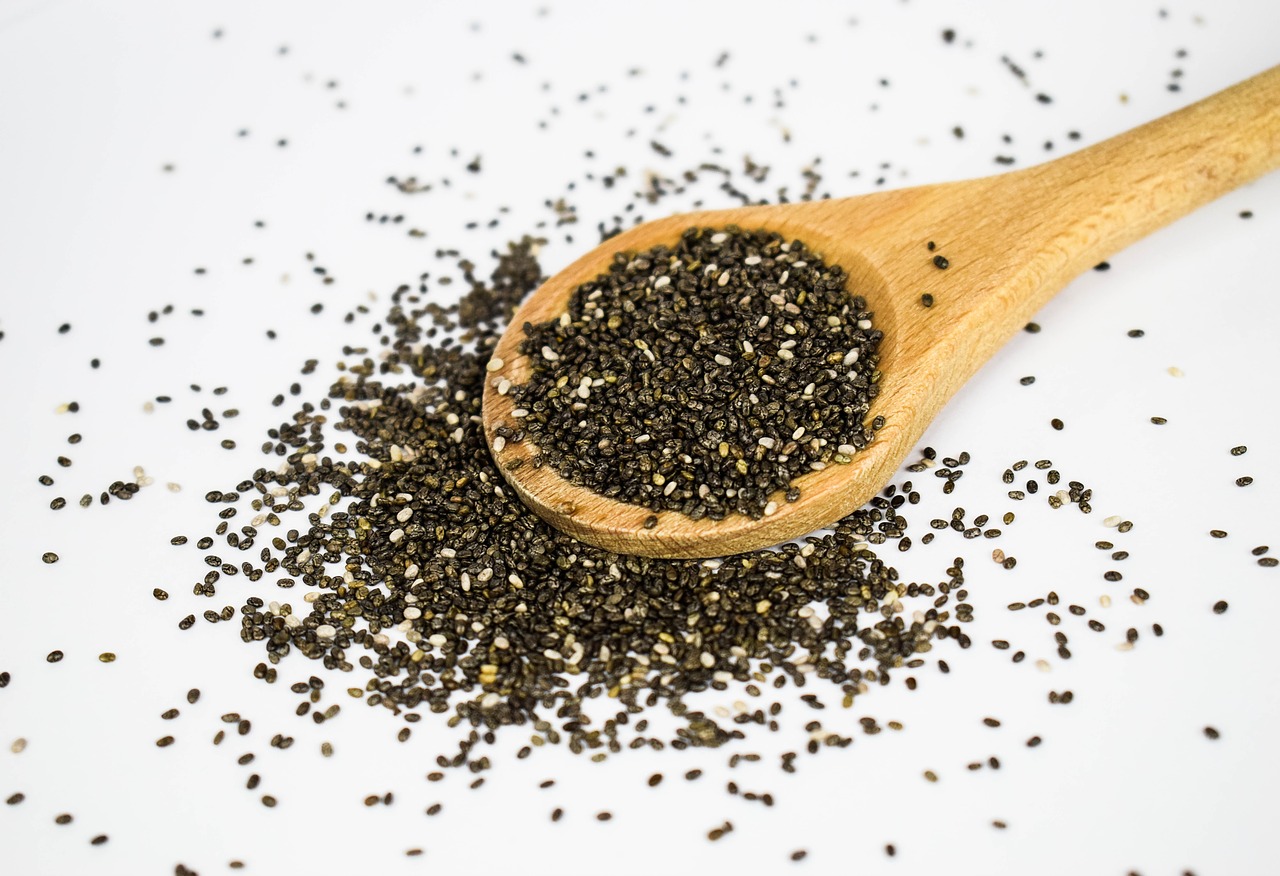Visit minerals are substances required to the proper functioning of our organism. They are found in nature, water and soil.
We need it in the quantities we now know. But what is the recommended dosage, and for which minerals?
That's what we're going to find out below!
Definition of a mineral salt
Let's see what our friend Wikipedia has to say:
" Mineral salts are chemical elements that enter into the composition of organisms and are present in animal and plant food."
This content is part of the guide Blooness, the guide to the ideal human diet, the summary of which you can find here 🌱🥑
Minerals are micronutrients that complement the macronutrients we have already described here.
Minerals fall into two main families:
- Major mineralsso called because they require intakes in excess of 100 mg per day.
- Trace elementswhich together represent less than 15g of total body mass.
For good health, minerals, just like vitaminsThey must be provided in sufficient quantities. They have an impact on the body's metabolism, structure and functions (cardiac, muscular, neuronal...).
The question is how much to take, for which minerals.
Interaction of minerals with other nutrients
There is a very close link between an adequate mineral intake and the metabolism of other micronutrients in the body. For example, the iron promotes absorption of vitamin B12 and improves the bioavailability of cobalt and phosphorus.

Similarly, an adequate phosphorus intake improves the assimilation of vitamins B12, B6 and silicon.
That's why it's important to ensure that your diet covers all your dietary mineral requirements.
The main minerals, their virtues and source foods
Visit magnesium It alone accounts for more than 300 chemical reactions in the body. Half of which is found in bones and teeth, it plays a role in energy production inside cells, muscle relaxation, mood regulation, nerve conduction...
Its deficiency in industrialized countries is frequent. because its main sources are not consumed enough (cereals complete, vegetables cocoa, certain mineral waters). Therefore, we tend to recommend magnesium supplementation.
REMINDER: This article is one of the chapters in the Blooness feeding guidea white paper designed to bring together the ingredients of the ideal diet for humankind.
Visit calcium : without it, our bones cannot grow and the skeleton cannot mineralize. It is therefore particularly important for children, teenagers, pregnant and breastfeeding women, and senior citizens. But it also plays a vital role in muscle contraction. It is found in dairy products, green vegetables and fruit. oilseeds and in fish with bones (sardines, anchovies).

Phosphorus Among other functions, it complements the action of calcium in bone formation. It is found in many foods such as dairy products, meat, fish, eggs...
Iron one of the components of red blood cellsIron deficiency can lead to anemia, fatigue and poor defense of the body. The champion sources of iron are black pudding and liver, but if you don't like them, know that the red meat is well equipped.
Sodium It has a vital role to play in maintain blood pressure and nerve impulse transmission. Its intake is generally largely covered by the salt-rich diets of industrialized countries. Too much salt can lead to a rise in blood pressure. Be careful, however, with a moderate diet in carbohydratesHowever, it is possible that salt intake may not be sufficient. But we'll come back to this later in the "Low Carb High Fat" section of the guide. ketogenic.
Visit potassium Potassium is essential for heart function and the transmission of nerve impulses. Beware: too little or too much potassium can cause heart problems! It is present in very large quantities in cooked white beans, baked potatoes with skin, clams, spinach, bananas and, in general, in all plant-based foods.
To find out more about each mineral salt, turn the pages...
Next chapter: focus on calcium.
Previous chapter: vitamin B12.
New: Blooness Accelerated Programs
For quick results if you are looking for
lose fat permanently,
maintain stable energy levels throughout the day,
and prevent chronic diseases.
Immediate access to the Premium Guide + all current and future programs
Limited founding rate – will soon increase to €97

